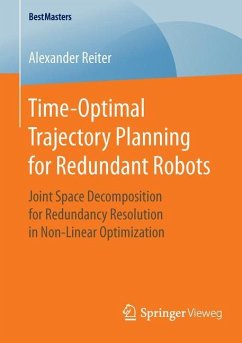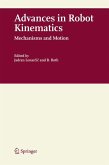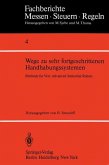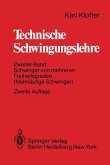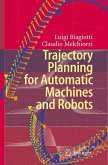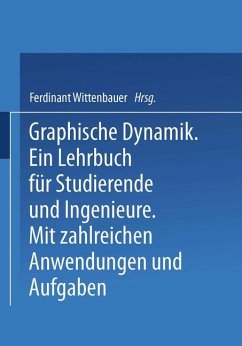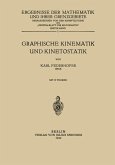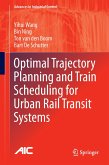This master's thesis presents a novel approach to finding trajectories with minimal end time for kinematically redundant manipulators. Emphasis is given to a general applicability of the developed method to industrial tasks such as gluing or welding. Minimum-time trajectories may yield economic advantages as a shorter trajectory duration results in a lower task cycle time. Whereas kinematically redundant manipulators possess increased dexterity, compared to conventional non-redundant manipulators, their inverse kinematics is not unique and requires further treatment. In this work a joint space decomposition approach is introduced that takes advantage of the closed form inverse kinematics solution of non-redundant robots. Kinematic redundancy can be fully exploited to achieve minimum-time trajectories for prescribed end-effector paths.

